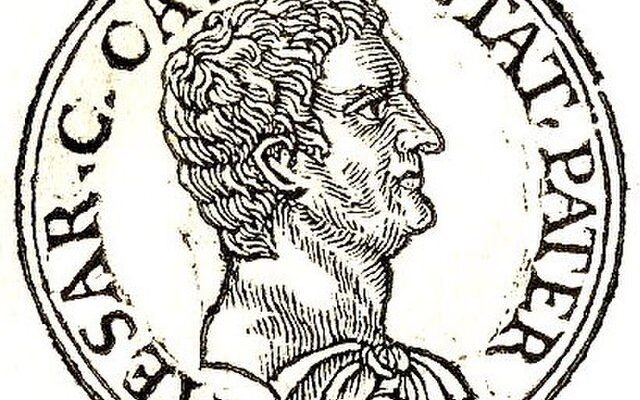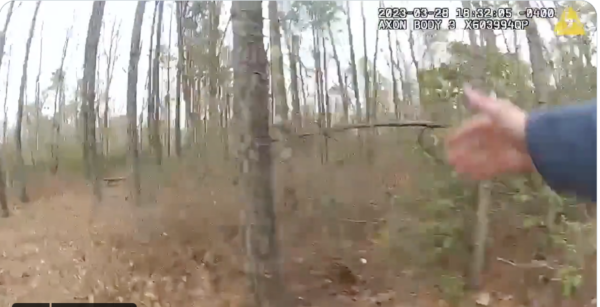
In 1752, an extraordinary historical discovery unfolded in the buried ruins of Herculaneum, a once-thriving Roman city near Naples, Italy. Workers excavating the Villa of the Papyri unearthed a cache of approximately 800 ancient scrolls, hidden for nearly 1,700 years beneath the volcanic ash and pumice deposited by the catastrophic eruption of Mount Vesuvius in 79 AD. These scrolls were no ordinary texts; they were windows into the intellectual and literary world of ancient Rome.
Preserved through the ages, though charred and fragile, these papyrus scrolls held a treasure trove of ancient knowledge. They contained a wide range of texts, including works of Epicurean philosophy, ethical treatises, poetry, and more. The Villa of the Papyri, thought to be the residence of a well-to-do Roman, thus emerged as a critical custodian of classical wisdom.
While this find was momentous, it came with its own set of challenges. Efforts to unroll and read the scrolls in the 18th century often led to their destruction due to their fragile state.
Enter the Vesuvius Challenge: a contest launched in 2023 that promised a big reward to anyone who could decipher the scrolls.
Now, using AI, the reward has been claimed.
The discovery was announced on Thursday by Prof Brent Seales, a computer scientist at the University of Kentucky, and others who launched the Vesuvius challenge in March to accelerate the reading of the texts. Backed by Silicon Valley investors, the challenge offers cash prizes to researchers who extract legible words from the carbonised scrolls, reported The Guardian.
“This is the first recovered text from one of these rolled-up, intact scrolls,” said Stephen Parsons, a staff researcher on the digital restoration initiative at the university. Researchers have since uncovered more letters from the ancient scroll.
To launch the Vesuvius challenge, Seales and his team released thousands of 3D X-ray images of two rolled-up scrolls and three papyrus fragments. They also released an artificial intelligence program they had trained to read letters in the scrolls based on subtle changes that the ancient ink made to the structure of the papyrus.
Two computer science students, Luke Farritor in Nebraska and Youssef Nader in Berlin, who took up the Vesuvius challenge, improved the search process and independently hit on the same ancient Greek word in one of the scrolls: “πορφύραc”, meaning “purple”. Farritor, who was first to find the word, wins $40,000 with Nader winning $10,000.
The race is now on to read the surrounding text. Dr Federica Nicolardi, a papyrologist at the University of Naples Federico II, said three lines of the scroll, containing up to 10 letters, were now readable with more expected to come. A recent section shows at least four columns of text.
The scrolls, which look like wrinkled lumps of coal were found in a villa owned by the father-in-law of Julius Caesar.
“Most of the excavated scrolls come from a single room that seems to have contained the personal library of Philodemus, an Epicurean philosopher employed by Piso, the villa’s owner. Many scholars think that Piso himself would have had a general library containing major Latin and Greek works, and that this library has yet to be found in the villa’s many unexcavated rooms,” writes The New York Times.
“‘This was a cultivated Roman aristocrat’s country villa, and Piso would have had lots of books there, especially Latin ones, of which so far very few have been found in the villa,’ said Robert Fowler, a classicist and papyrus expert at the University of Bristol in England.
A vast majority of ancient Latin and Greek texts have been lost. Sophocles wrote more than 120 plays, of which only seven have wholly survived. Just 35 books of Livy’s 142-volume history of Rome are known to exist. Almost all the poems of Sappho have vanished. Retrieving an entire classical library would vastly expand knowledge of the ancient Greek and Roman worlds.”
“Recovering such a library would transform our knowledge of the ancient world in ways we can hardly imagine,” Dr. Fowler told the newspaper. “The impact could be as great as the rediscovery of manuscripts during the Renaissance.”
[Read More: Rolling Stones Surpise Hundred Of Fans With Impromptu Concert]










Use AI for all archeology